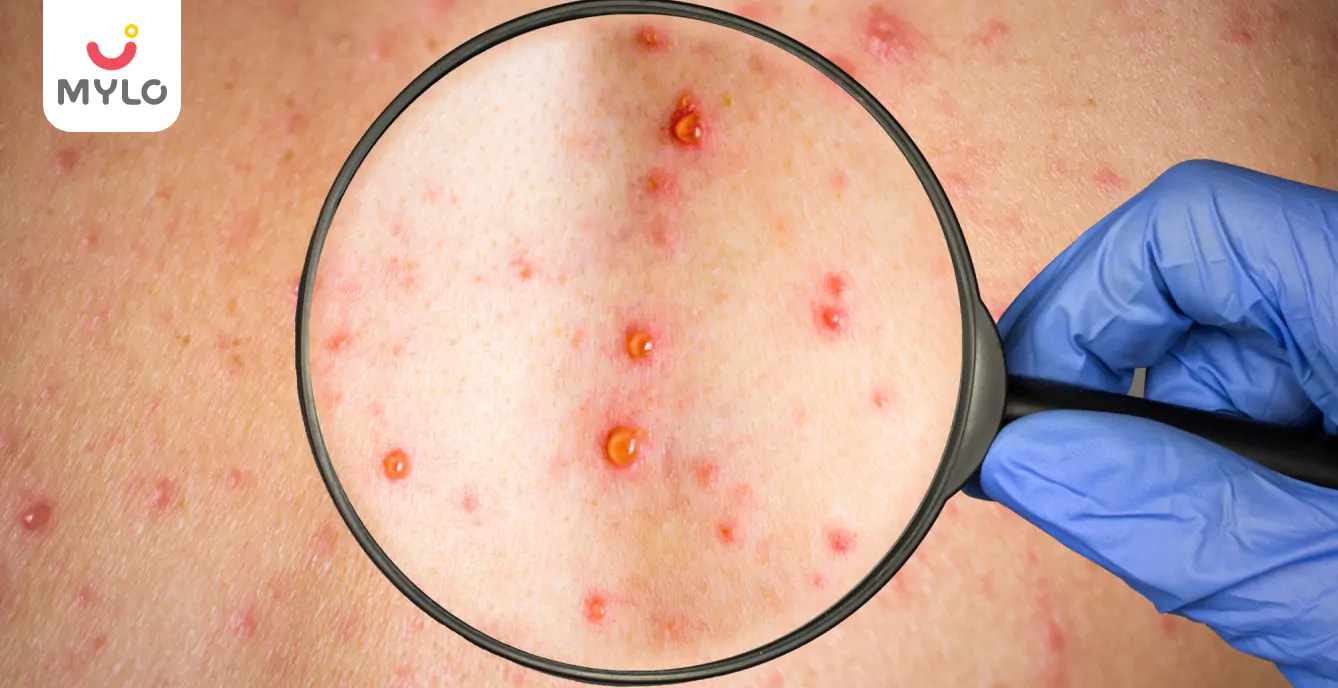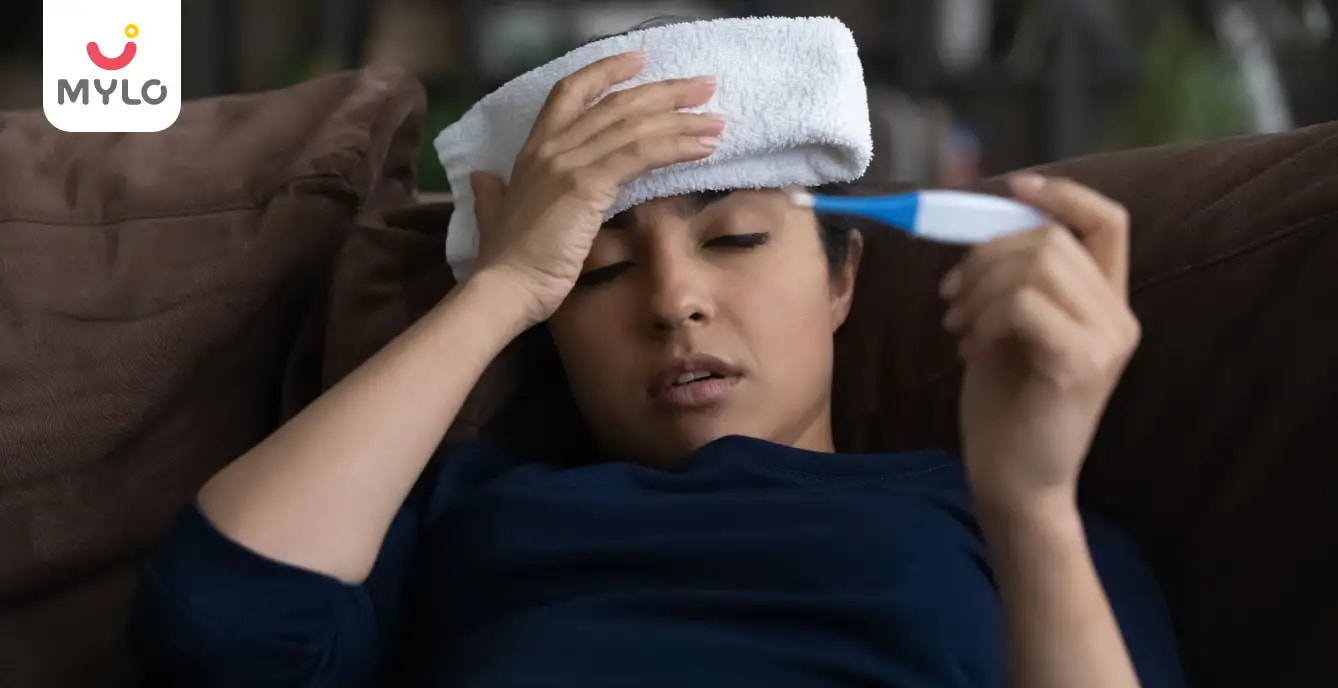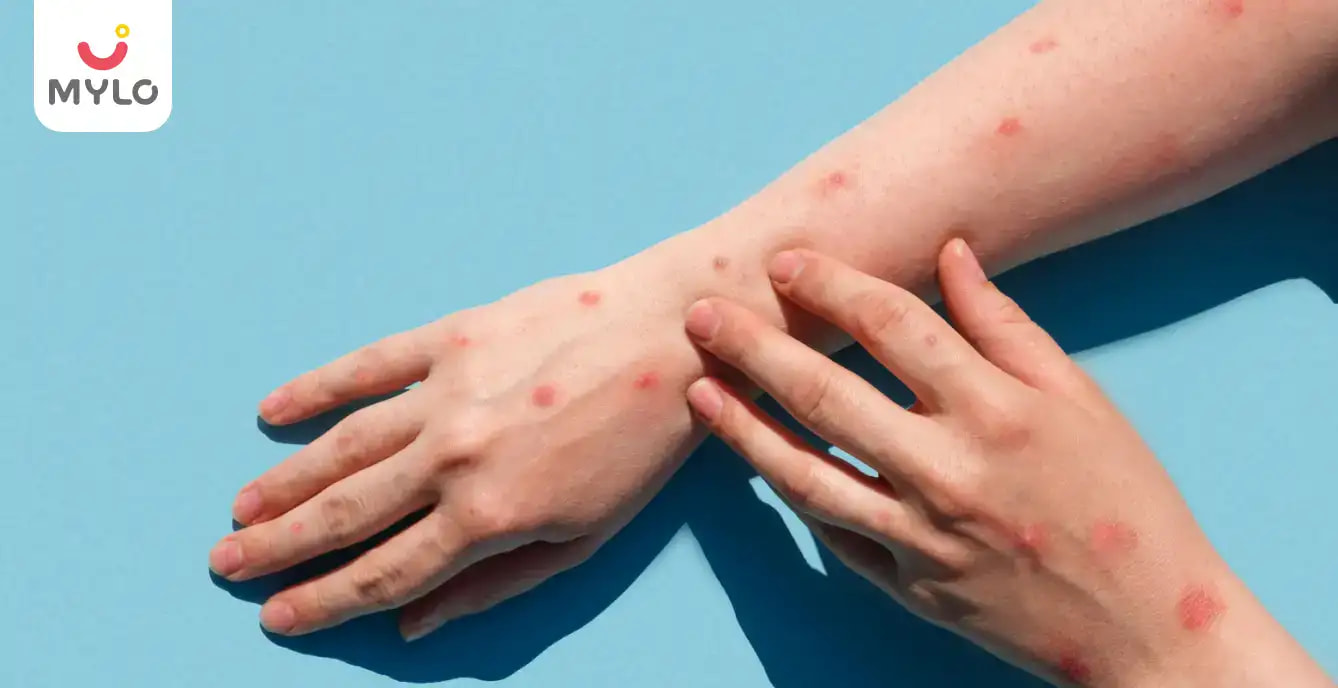Home

Illnesses & Infections

What to do if my child has dengue
In this Article
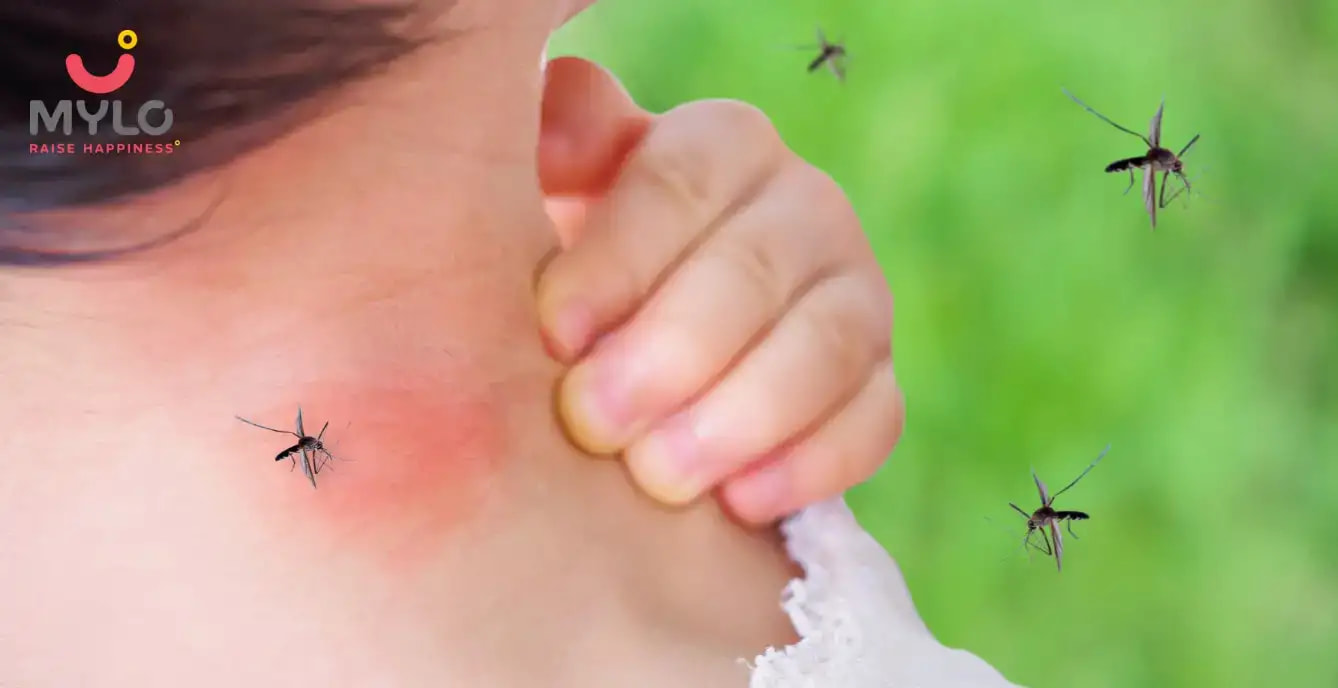
Illnesses & Infections
What to do if my child has dengue
Updated on 29 January 2022
Mosquitos look tiny, but they can affect kids and elders in a colossal way! Dengue, like chikungunya, Zika virus, yellow fever, and malaria, is a mosquito-borne disease. It is carried by the Aedes mosquito, which bites during the day, unlike other mosquitos!
If your child experiences flu-like illness, is more irritated than usual, has physical discomfort, has gastrointestinal problems, witnesses bleeding from gums and nose, and has itchy skin- all these are a few symptoms of the dengue virus. Always be alert and on the watch for these symptoms so that the illness doesn't get severe.
What should you do if your child has dengue?
Consult a doctor first because the symptoms of dengue and chikungunya are pretty similar, and hence, your doctor will most probably suggest a blood test to confirm the treatment. Here are a few basic things that you should follow if your baby shows symptoms of dengue:
-
Ensure ample rest for your toddler so that they don't get exhausted.
-
Give him healthy food and lots of fluids. This is because your baby needs to pass urine, and the urine has to be light and clear.
-
If your baby is breastfeeding, make sure that you don't miss even a single feeding session. Breast milk is medicinal in itself and takes care of the fluid requirement in your baby's body. Oral Rehydration Therapy is recommended for older kids to have no fluid and electrolytes shortage in the body.
-
If your child has a high fever, you should give him paracetamol as well as a cool towel to wrap around his head. This will aid in the reduction of his body temperature.
-
Over-the-counter pain relievers such as ibuprofen or similar medications that work to reduce swelling should be avoided. This is because these drugs can lower the platelet count even further, resulting in additional blood loss.
-
There is a chance that your baby's muscle and joint pain may get intolerable. In such a situation, request the pediatrician to prescribe analgesic medicines like acetaminophen, which will not cause a drop in platelet count like ibuprofen.
-
Despite doing all of the above, if your child's symptoms do not improve, immediate doctor care is needed. Dengue Hemorrhagic Fever is possible. In that event, your child may need to be hospitalized for intravenous (IV) therapy to replace fluids and salts lost due to vomiting and diarrhea.
-
The pediatrician may also recommend oxygen therapy and frequent blood pressure monitoring.
-
Depending on the severity of the sickness, a pediatrician may recommend a series of blood transfusions to replace the blood lost throughout the disease.



Written by
Priyanka Verma
Priyanka is an experienced editor & content writer with great attention to detail. Mother to an 11-year-old, she's a ski
Read MoreGet baby's diet chart, and growth tips

Related Articles
Related Questions
Influenza and boostrix injection kisiko laga hai kya 8 month pregnancy me and q lagta hai ye plz reply me

Hai.... My last period was in feb 24. I tested in 40 th day morning 3:30 .. That is faint line .. I conculed mylo thz app also.... And I asked tha dr wait for 3 to 5 days ... Im also waiting ... Then I test today 4:15 test is sooooo faint ... And I feel in ma body no pregnancy symptoms. What can I do .

Baby kicks KB Marta hai Plz tell mi

PCOD kya hota hai

How to detect pcos

RECENTLY PUBLISHED ARTICLES
our most recent articles

General Father
Top Gadgets for Every New Parent
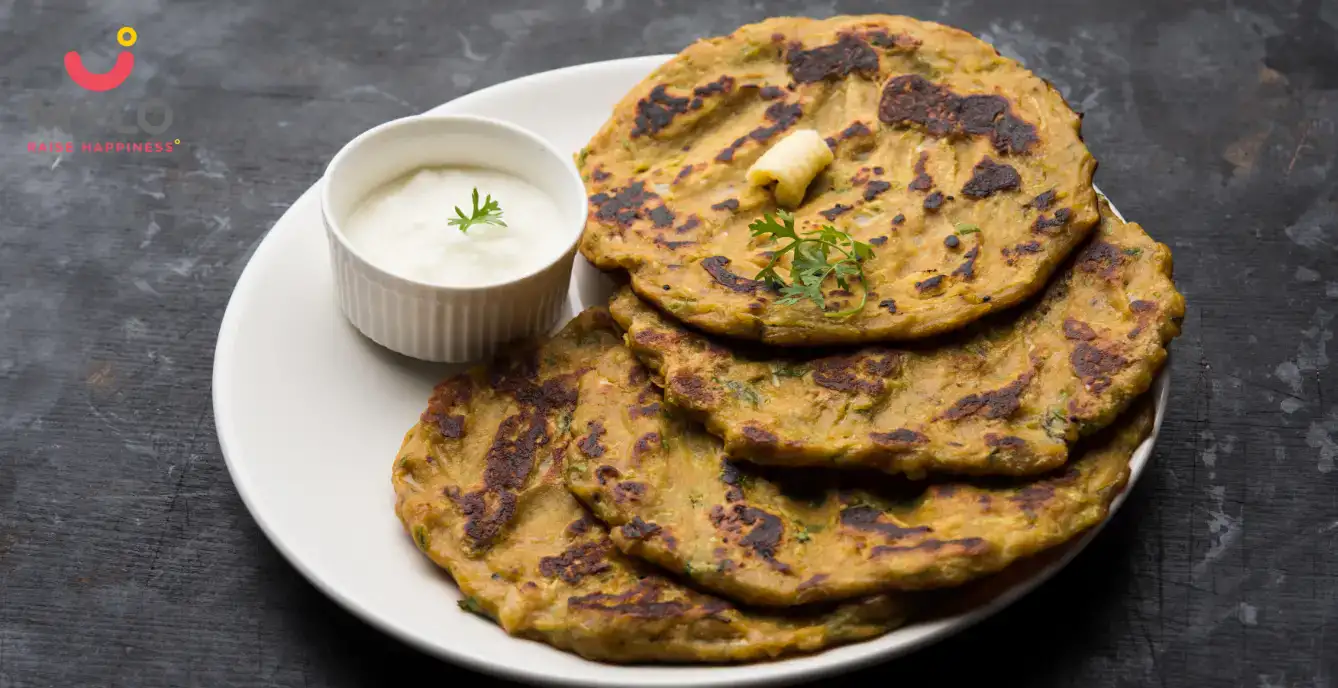
Diet & Nutrition
New Mom Diet Plan – Month 11 Week 43
Diet & Nutrition
13 Month Old Baby Food Chart/Feeding Schedule – Week 3

Diet & Nutrition
13 Month Old Baby Food Chart/Feeding Schedule – Week 1
Diet & Nutrition
Baby Diet Plan - Month 13

General Father
Worried about how to ease your wife's backache during pregnancy? We will love to help you.


AWARDS AND RECOGNITION

Mylo wins Forbes D2C Disruptor award

Mylo wins The Economic Times Promising Brands 2022
AS SEEN IN
















- Mylo Care: Effective and science-backed personal care and wellness solutions for a joyful you.
- Mylo Baby: Science-backed, gentle and effective personal care & hygiene range for your little one.
- Mylo Community: Trusted and empathetic community of 10mn+ parents and experts.
Product Categories
baby carrier | baby soap | baby wipes | stretch marks cream | baby cream | baby shampoo | baby massage oil | baby hair oil | stretch marks oil | baby body wash | baby powder | baby lotion | diaper rash cream | newborn diapers | teether | baby kajal | baby diapers | cloth diapers |



